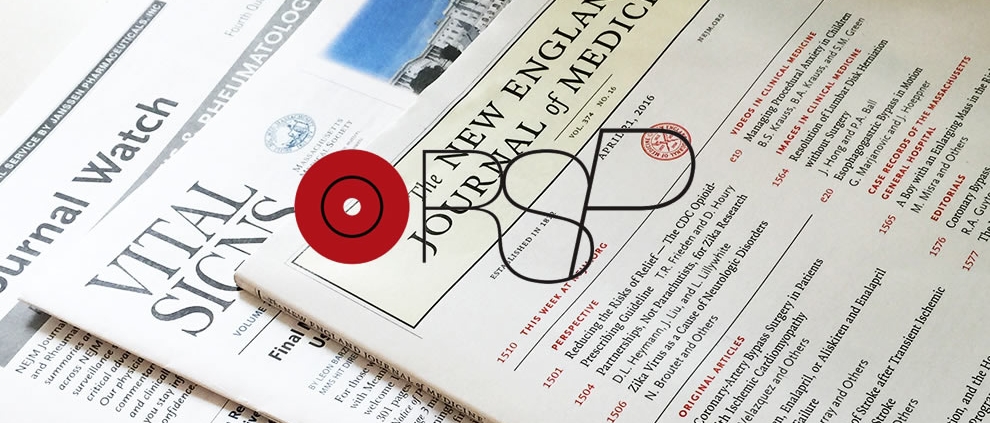Eccentric training as a new approach for rotator cuff tendinopathy: Review and perspectives.
Excessive mechanical loading is considered the major cause of rotator cuff tendinopathy. Although tendon problems are very common, they are not always easy to treat. Eccentric training has been proposed as an effective conservative treatment for the Achilles and patellar tendinopathies, but less evidence exists about its effectiveness for the rotator cuff tendinopathy. The mechanotransduction process associated with an adequate dose of mechanical load might explain the beneficial results of applying the eccentric training to the tendons. An adequate load increases healing and an inadequate (over or underuse) load can deteriorate the tendon structure. Different eccentric training protocols have been used in the few studies conducted for people with rotator cuff tendinopathy. Further, the effects of the eccentric training for rotator cuff tendinopathy were only evaluated on pain, function and strength. Future studies should assess the effects of the eccentric train ing also on shoulder kinematics and muscle activity. Individualization of the exercise prescription, comprehension and motivation of the patients, and the establishment of specic goals, practice and efforts should all be considered when prescribing the eccentric training. In conclusion, eccentric training should be used aiming improvement of the tendon degeneration, but more evidence is necessary to establish the adequate dose-response and to determine long-term follow-up effects.


